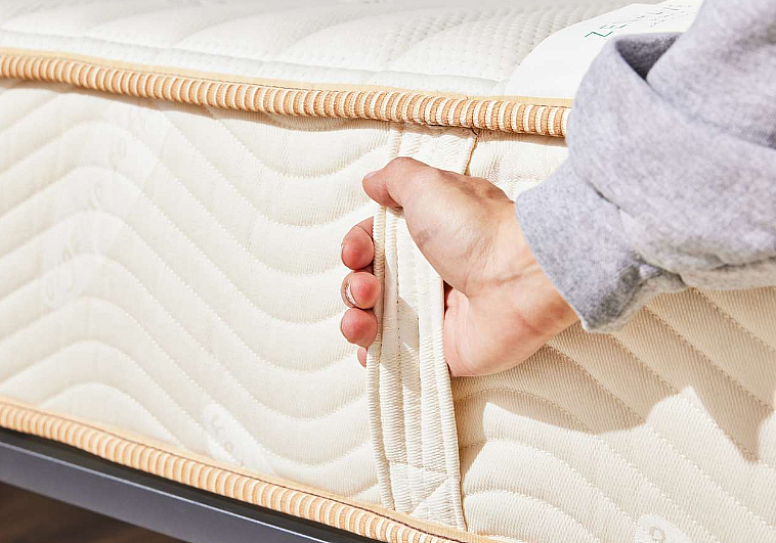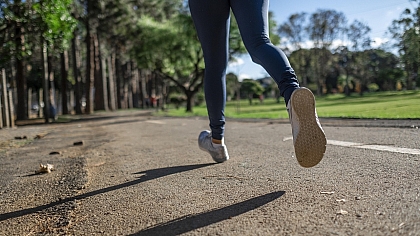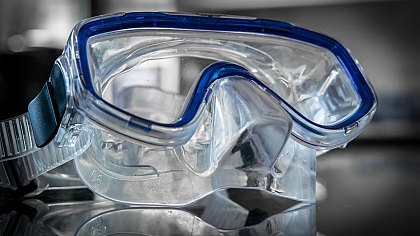
How the Right Mattress Supports and Alleviates Back Pain
In the pursuit of a healthy and active lifestyle, few factors are as crucial as quality sleep. The right mattress plays a pivotal role in supporting back health, which is integral to overall well-being. Choosing a mattress that aligns with your body's needs not only promotes better sleep but also alleviates back pain, allowing you to wake up feeling refreshed and ready to take on the day.
Understanding the Impact of Mattress Support on Back Health
A mattress isn't just a piece of furniture; it's a foundation for a good night's rest and, consequently, for maintaining an active lifestyle. The term "mattress support for back health" encompasses a range of features and technologies designed to provide optimal spinal alignment and pressure relief. When your spine is properly supported during sleep, it allows muscles to relax and recover from the day's activities, reducing the likelihood of waking up with stiffness or discomfort.
Key Considerations When Choosing a Mattress
When selecting a mattress to support back health and an active lifestyle, several factors should guide your decision:
- Firmness Level: Contrary to popular belief, the best mattress for back health isn't always the firmest option. Medium-firm mattresses often strike the right balance, providing enough support to keep the spine aligned while contouring to the body's natural curves.
- Supportive Materials: Memory foam, hybrid, and latex mattresses are renowned for providing back pain relief by distributing body weight evenly and alleviating pressure points. These materials adapt to the body's contours, offering personalized support where it's needed most.
- Spinal Alignment: A mattress that promotes proper spinal alignment is critical for back health. Your spine should maintain its natural curvature when lying down, whether on your back, side, or stomach. This alignment prevents strain on the back muscles and ligaments, reducing the risk of waking up with aches and pains.
- Motion Isolation: For those with active lifestyles or sharing a bed, motion isolation is essential. This feature minimizes disturbances caused by movement, ensuring uninterrupted sleep and better recovery.
The Connection Between Sleep Quality and Active Living
Quality sleep is foundational to maintaining an active lifestyle. During sleep, the body repairs tissues, consolidates memories, and regulates hormones crucial for physical and mental well-being. Poor sleep, often exacerbated by an unsupportive mattress, can lead to chronic fatigue, decreased cognitive function, and increased susceptibility to injuries during physical activities.
Choosing the Right Mattress for Your Needs
When shopping for a mattress, consider your unique sleep preferences and any existing back issues:
- Back Sleepers: Look for a mattress that supports the natural curvature of the spine, typically a medium-firm option with adequate lumbar support.
- Side Sleepers: Opt for a mattress that cushions pressure points such as shoulders and hips, promoting spinal alignment without causing discomfort.
- Stomach Sleepers: A firmer mattress helps prevent the lower back from sinking too deeply into the mattress, maintaining spinal alignment throughout the night.
Investing in a mattress that supports an active lifestyle and alleviates back pain is an investment in your overall health and well-being. By prioritizing factors like firmness, supportive materials, and spinal alignment, you can create an optimal sleep environment conducive to recovery and rejuvenation. Remember, the right mattress is more than just a place to rest—it's a cornerstone of a healthy lifestyle that enables you to wake up feeling refreshed, energized, and ready to embrace each day with vitality.









